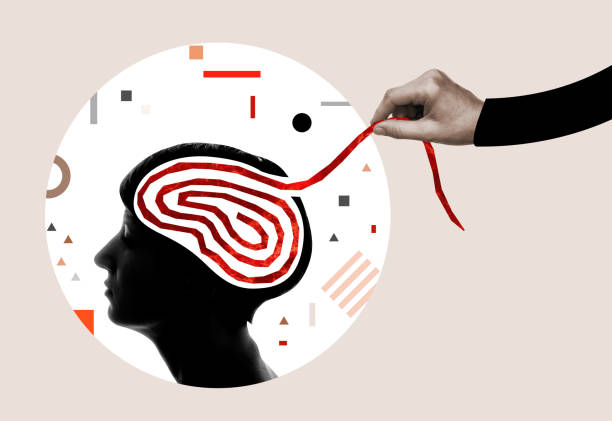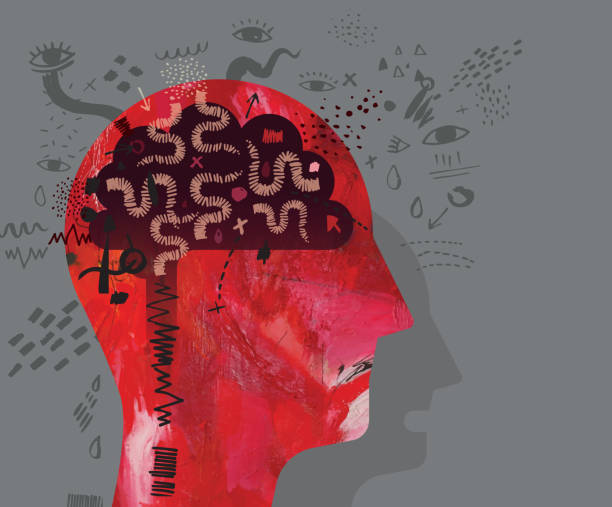How Psychology Contributes to Functional Human Development

Modern approaches to human development go beyond just physical training and aim for a harmonious balance of body and mind. In this context, psychology plays a crucial role, influencing various aspects of functional human growth. This article explores how psychological principles help individuals achieve their goals, develop beneficial habits, and improve their overall quality of life.
1. Motivation and Goal Setting
Motivation is the foundation of functional development. Without clear goals and inner drive, even the most well-thought-out plans can fail. Psychology helps people understand the mechanisms of motivation and identify their true aspirations. This enables individuals to:
⭕ Set clear, achievable goals.
⭕ Find intrinsic motivation to pursue these goals.
⭕ Develop persistence and self-confidence.
Techniques like positive thinking and visualization help maintain motivation over the long term by overcoming internal barriers and doubts.
2. Stress Management and Emotional Resilience
Stress is one of the greatest obstacles to functional development. It drains a person’s resources, reduces productivity, and negatively impacts health. Psychology offers effective stress management methods:
⭕ Meditation and mindfulness. These techniques reduce anxiety, improve focus on the present moment, and help manage emotions.
⭕ Positive thinking. By recognizing emotions and transforming negative thoughts into positive ones, individuals can build emotional resilience.
⭕ Relaxation techniques. Breathing exercises and progressive muscle relaxation reduce stress levels and restore psychological balance.
These methods help maintain a high level of energy and productivity in a demanding world.
3. Cognitive Flexibility and Adaptability
Functional development is impossible without the ability to adapt to change. Today’s world demands cognitive flexibility and the capacity to find solutions in novel and unexpected situations. Psychology provides the following approaches:
⭕ Developing cognitive flexibility. This is the ability to switch between different tasks, concepts, and viewpoints, which is essential for both professional and personal growth.
⭕ Adaptive behavior. Psychology teaches people not to fear change but to see it as an opportunity for growth and self-improvement.
Psychological flexibility helps individuals make sound decisions in uncertain situations and remain effective in any environment.
4. Self-Awareness and Confidence
A key aspect of functional development is self-awareness—understanding one’s strengths and weaknesses. Psychology teaches individuals to recognize their abilities, build self-confidence, and improve self-esteem. This contributes to:
⭕ Setting realistic goals. Knowing one’s capabilities helps establish achievable objectives that motivate further development.
⭕ Enhancing self-efficacy. Confidence in one’s ability leads to better task performance and problem-solving.
Self-awareness techniques, such as journaling, meditation, and psychotherapy, help individuals cultivate self-confidence and pursue their goals without fear of failure.
5. Developing Healthy Habits
Forming and maintaining healthy habits is another important aspect of functional development. Psychology offers scientifically grounded approaches to successfully integrating positive changes into one’s lifestyle:
⭕ Setting clear objectives. Psychology helps break down larger tasks into smaller, manageable steps, making habit formation more accessible.
⭕ Positive reinforcement. Rewarding progress increases the likelihood of continuing with a new habit, whether it’s exercise, healthy eating, or meditation.
By changing behavior and intentionally planning, individuals can achieve significant results in improving their health and overall quality of life.
6. Interpersonal Relationships and Social Support
Psychology plays a vital role in developing communication skills, empathy, and understanding with others—crucial elements for success in both professional and personal spheres:
⭕ Emotional intelligence. Psychology teaches individuals to recognize and manage their own emotions while understanding the emotions of others. This leads to healthier, more supportive relationships.
⭕ Social support. The importance of a supportive social environment cannot be overstated. People who feel part of a supportive community are more likely to succeed and overcome difficulties.
Strong social connections and high emotional intelligence contribute to harmonious development and improve life satisfaction.
7. Psychosomatics: The Mind-Body Connection
Psychology also examines the impact of mental and emotional states on physical health. Many illnesses and physical problems are related to emotional tension, anxiety, or stress. Understanding this connection allows individuals to:
⭕ Address the root causes of psychosomatic issues.
⭕ Reduce the negative impact of stress and emotions on health.
⭕ Maintain a balance between mental and physical well-being.
Psychosomatic understanding helps individuals realize the close connection between the mind and body and find ways to maintain harmony between them.
Conclusion
Psychology is a powerful tool that helps individuals improve all aspects of their lives. By applying psychological principles, people can achieve significant progress in functional development, strengthen their health, build self-confidence, and form meaningful relationships. Understanding and utilizing these tools lead to a more fulfilling and effective existence, both personally and professionally.







Responses